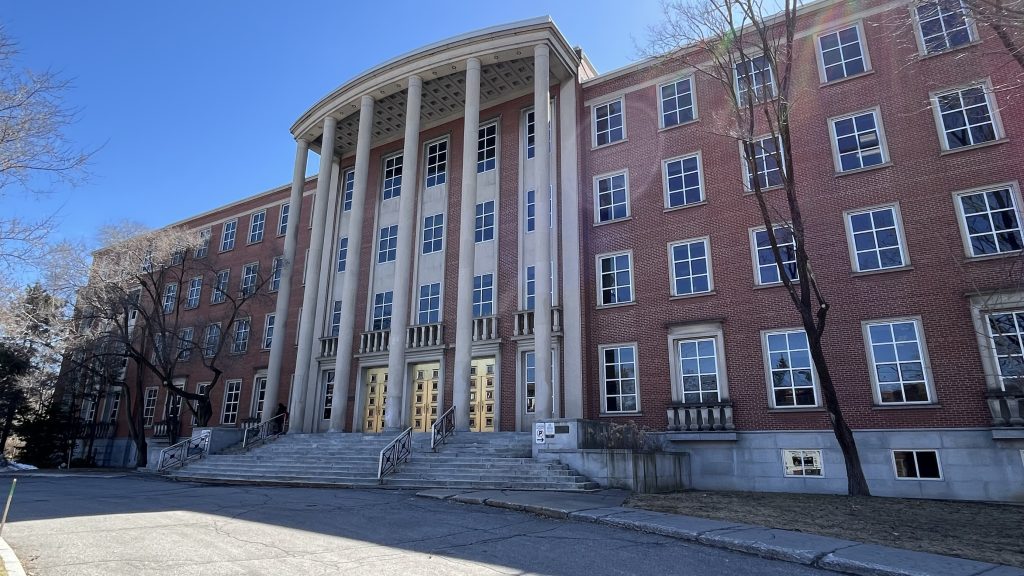The English School Board of Montreal (EMSB) is going ahead with its legal challenge of Bill 21 and will appeal to the Supreme Court of Canada.
As part of a special board meeting Wednesday evening, commissioners voted in favour of asking Canada’s top court to rule on the province’s secularism law, after the Quebec Court of Appeal ruled that Bill 21 is constitutional on Feb. 29, a decision that overturned a lower court ruling that exempted English school boards from the law.
The 2019 law declares the province is a secular state and includes a provision prohibiting public sector workers in positions of authority — including teachers, judges, and police officers — from wearing religious symbols on the job.
At the EMSB meeting, 12 commissioners voted in favour of appealing to the Supreme Court, while one voted against and one abstained.

In a press release, the EMSB said they challenging provisions of Bill 21 on the basis that “they violate minority language education rights under Section 23 of the Canadian Charter of Rights and Freedoms, as well as gender equality, protected under Section 28 of the Charter.”
Previously, the EMSB had successfully argued before the Quebec Superior Court that Bill 21 violated the Section 23 right to management and control, by preventing English-language school boards from hiring teachers wearing religious symbols, which was struck down at the Appeal level.
“We maintain our original position that Bill 21 conflicts with our values and our mission and with those of all Quebecers as expressed in the Québec Charter of Human Rights and Freedoms,” said EMSB Chair Joe Ortona in the press release. “Its very adoption was contrary to our societal goal of promoting our peaceful co-existence in a pluralistic Quebec.”
“This legislation prohibits our future primary and high school teachers, school principals and vice-principals from wearing religious symbols in the exercise of their functions, while limiting the career advancement of our current employees,” said Ortona. “It prevents the EMSB from hiring teachers – including French teachers – in the context of a teacher shortage. Most importantly it sends a message of intolerance and exclusion to our students and their families.”